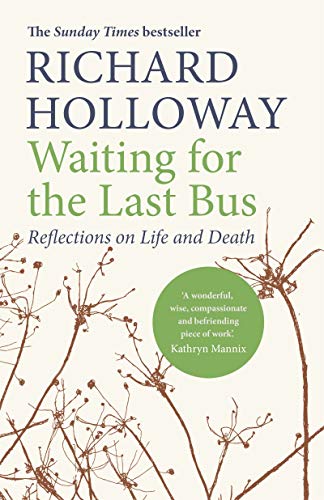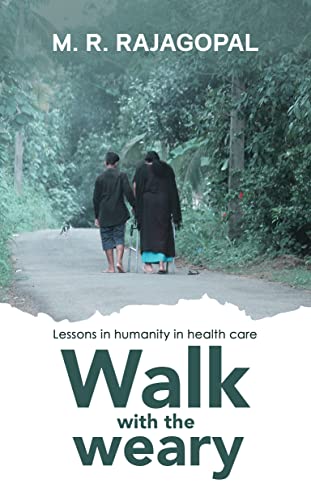Are children more accepting of death than adults?
The death of a child is for most parents the worst thing that could happen to them. It is against the natural order for the child to die before the parents.
But could it be that children are more accepting of death than adults?
Richard Smith, former editor of the British Medical Journal and widely known author discusses the subject in his blog: Are children more accepting of death than adults?
Comparing thoughts on the topic by two authors with opposing ideas, Smith tries to understand how children accept or fight the idea that they are suffering from an incurable illness.


The books he compares are ‘Waiting for the Last Bus: Reflections on Life and Death’ by Richard Holloway, former Bishop of Edinburgh, and ‘Walk with the Weary: Lessons in humanity in health care’ a memoir by Dr M.R. Rajagopal, Founder-Chairman of Pallium India.
Holloway describes, in his book, his debate with Richard Dawkins, the “militant atheist,” in which he asks Dawkins what he would say to a dying child. Holloway, the most bookish of priests, quoted from ‘The Last of the Just’, by André Schwarz-Bart, a novel about the Holocaust, where a child asks what death will be like, and an adult tells him it will be like a dream. A woman criticises the man for not being truthful, and he responds, ‘Madame, there is no room for truth here’. Holloway says that this must be the case for dying children, telling them perhaps that they will be in Heaven and see again all those that they love. He challenges Dawkins about what he would say, and Dawkins answers “the same”.
“It turns out that there are times when it is impossible to accept the utter finality of death. A child’s death is one of them. There is no room for truth here. There is only room for the impossible act of consolation,” says Holloway, who has spoken with dying children.
But Rajagopal (Dr Raj), the internationally-acclaimed palliative care physician who has spoken with many dying children, would disagree, writes Smith.
Dr Raj writes: “Paradoxically, children seem to accept incurability or death much more easily than adults… Children have amazing resilience. In my experience, they can process bad news much more easily than adults.”
Children usually knew that they were dying even though their parents had not told them and that they had many irrational fears about death that could be dispelled. When a child was worried that he would suffocate when he was buried, Dr Raj told him that there was no discomfort once somebody was dead.
“Children have short attention spans. They don’t want lectures; they ask straight questions and want straight answers. That is enough to reassure them. They need to be given the opportunity to ask those intense, and at times profound, questions. Without honest answers, their misery and loneliness cannot be imagined by you or me,” writes Dr Raj.
Eight-year-old Abdul was worried that God would punish him when he died because had had pulled his sister’s hair and once stolen her pen. Raj consulted with the religious authorities who said that wrongs committed by children under 15 were not punished. Abdul could be reassured.
(I found myself wondering what Raj would have said to a 16-year-old, Smith writes)
Read the complete blog: Are children more accepting of death than adults?






